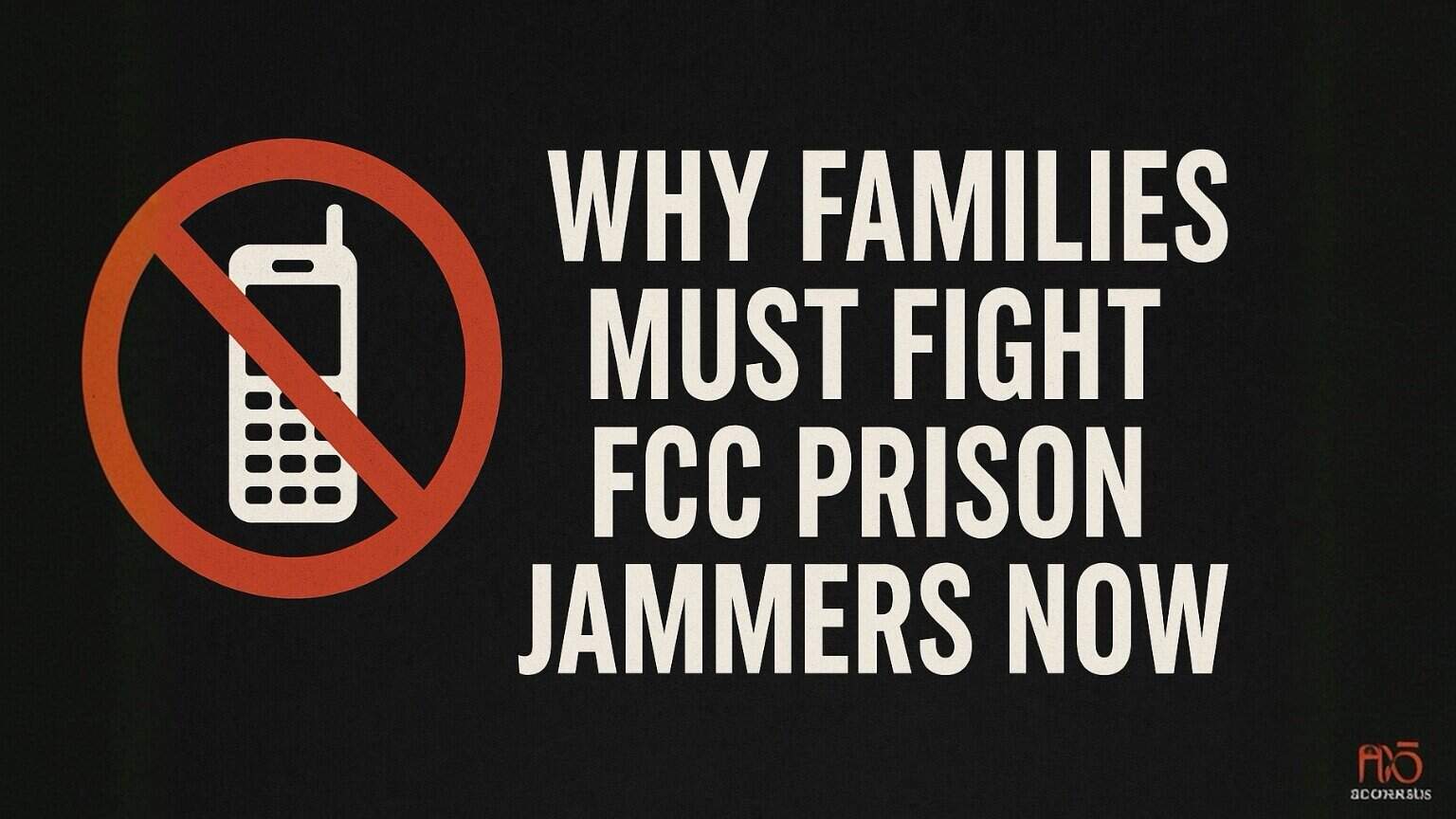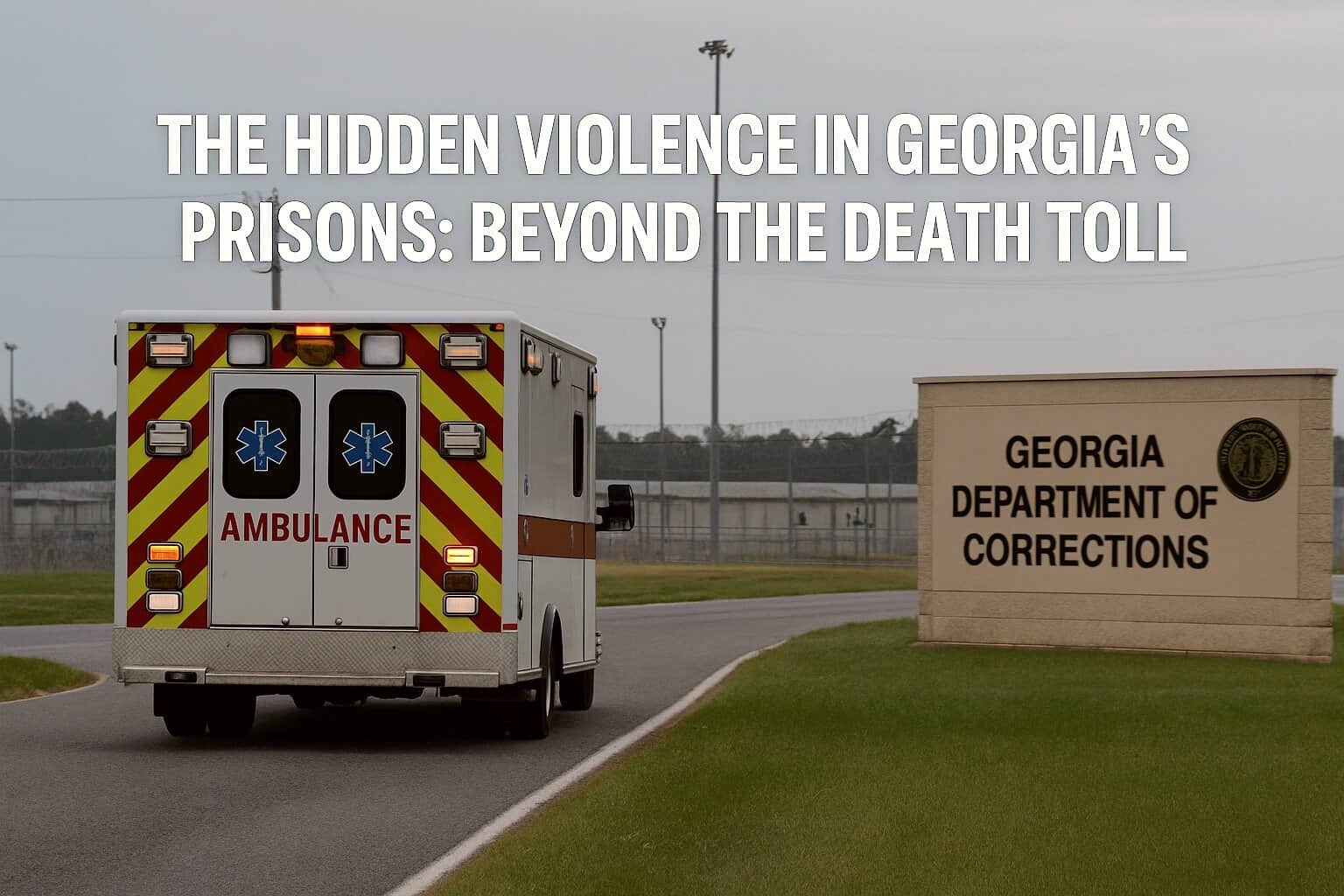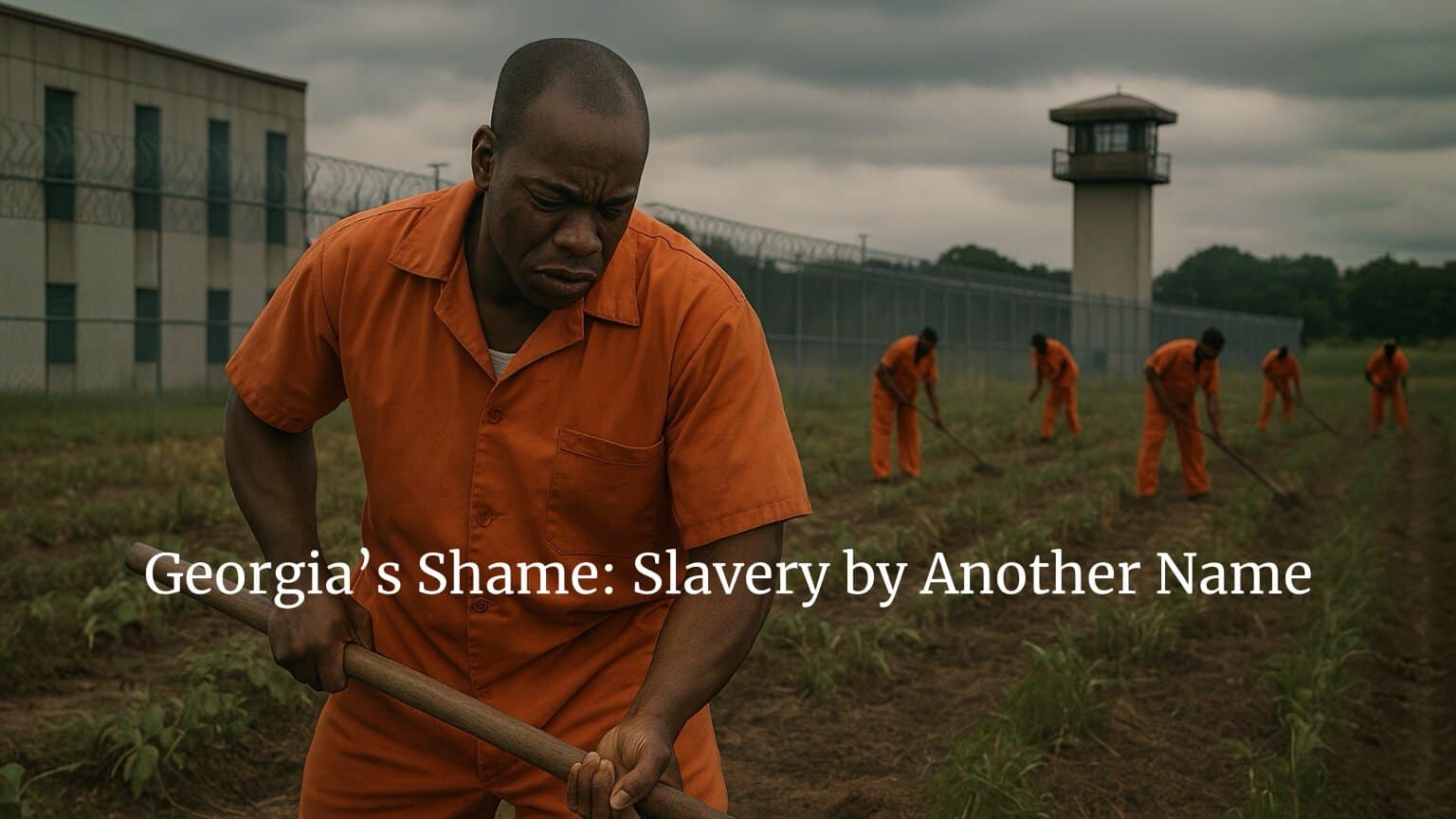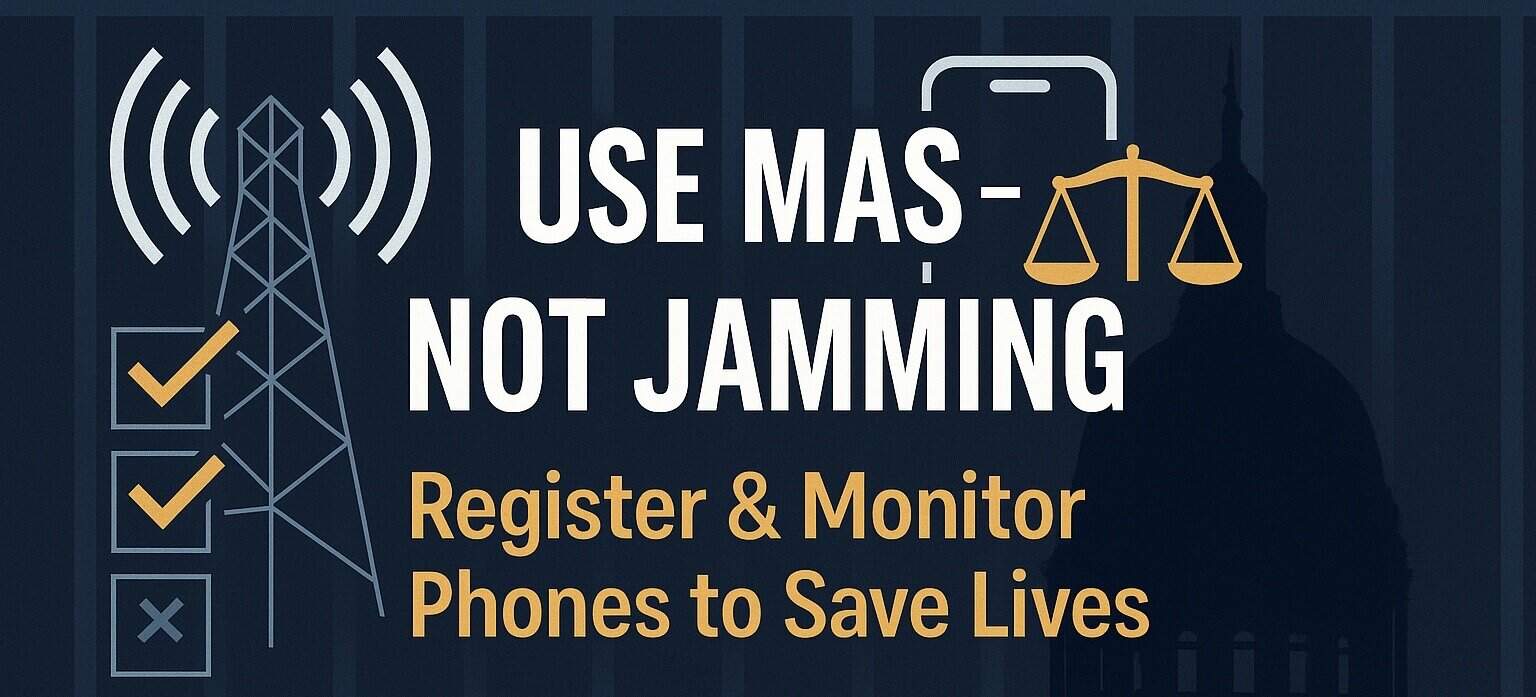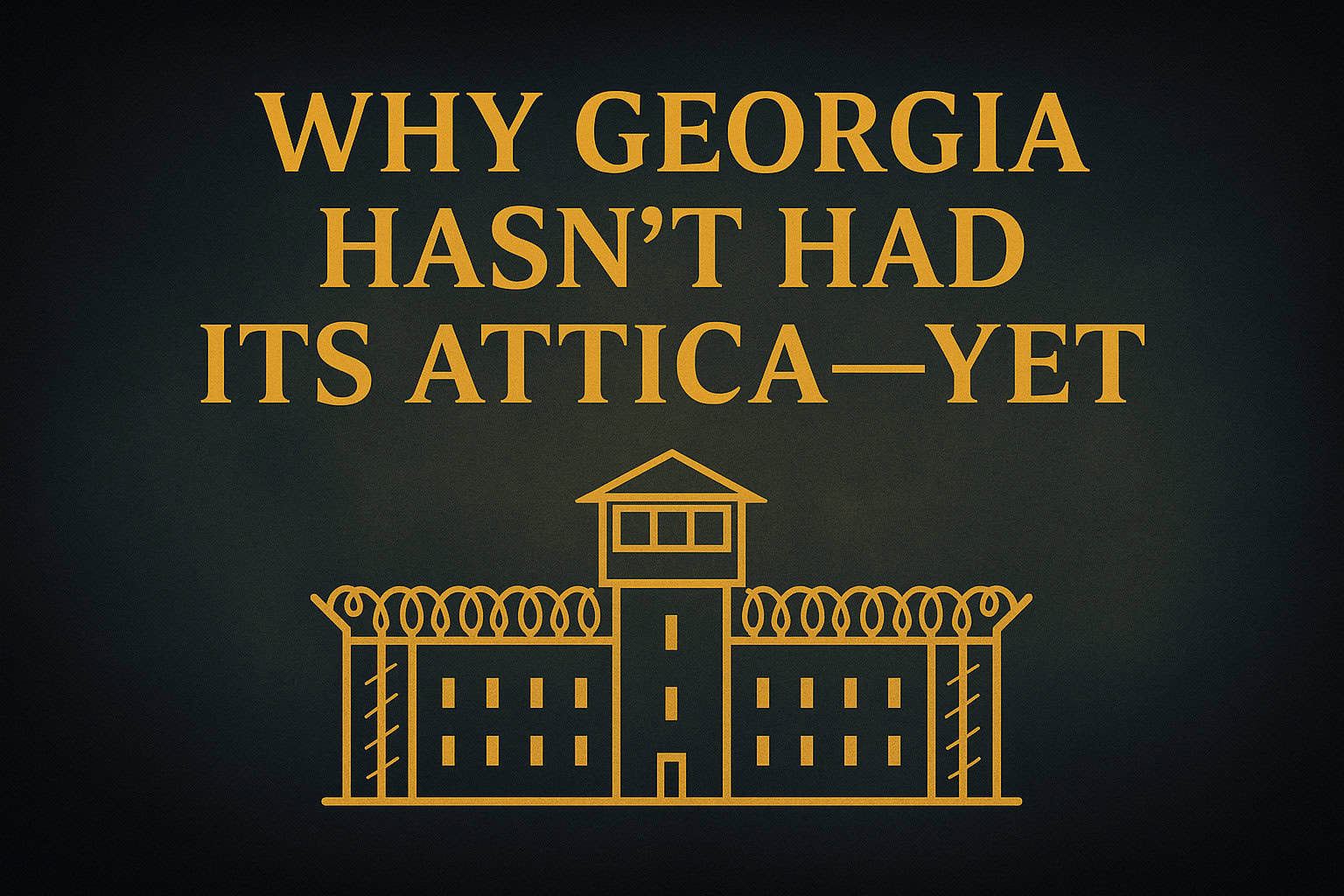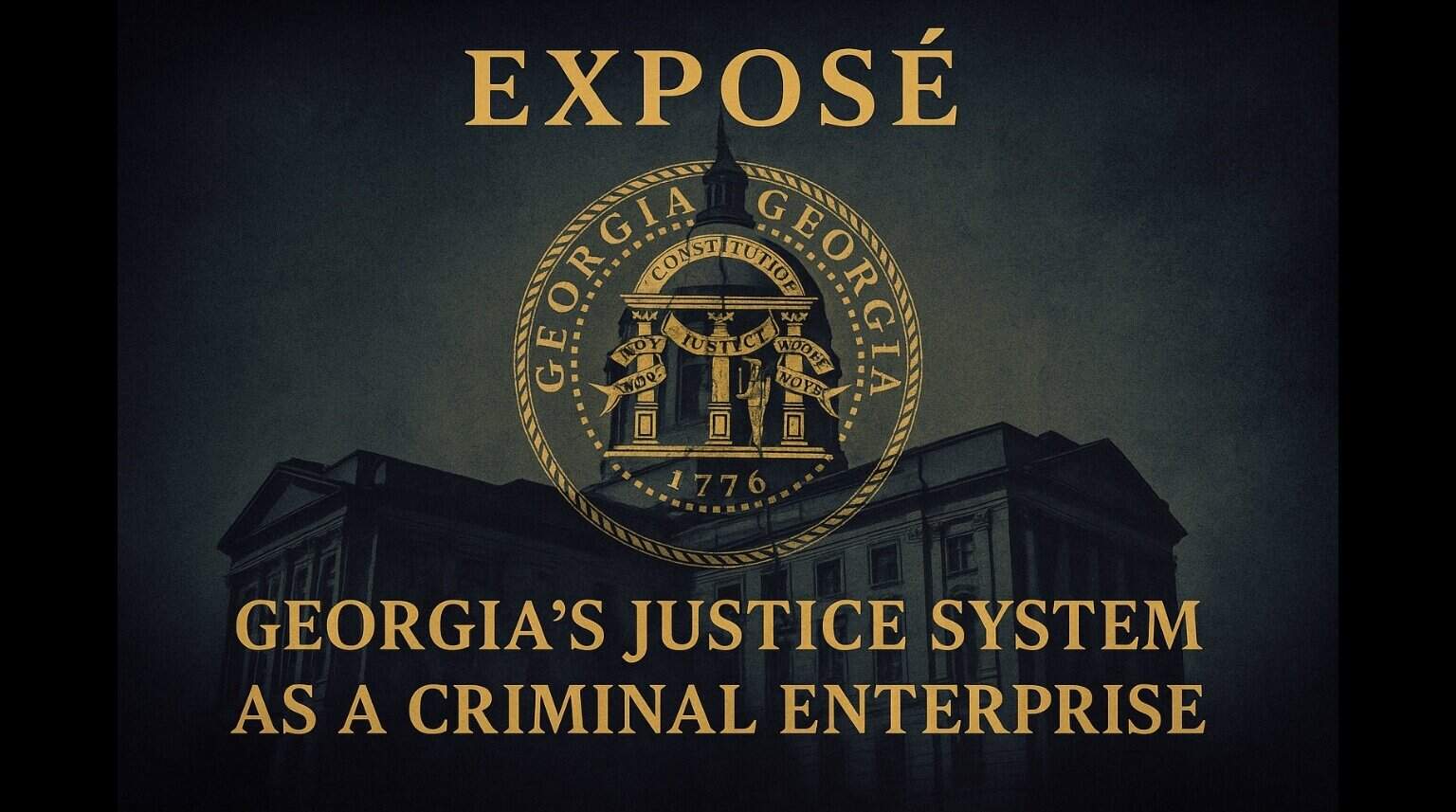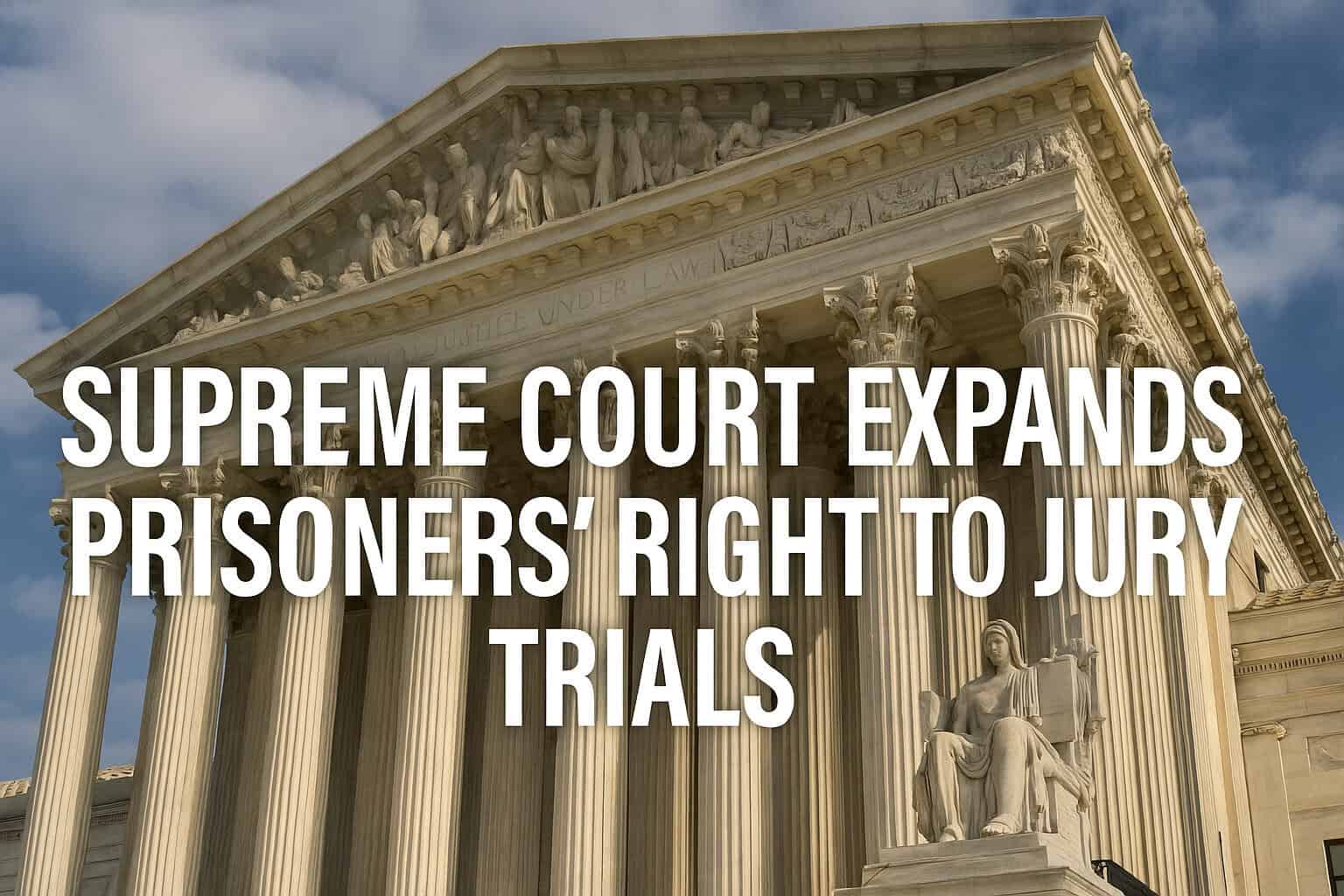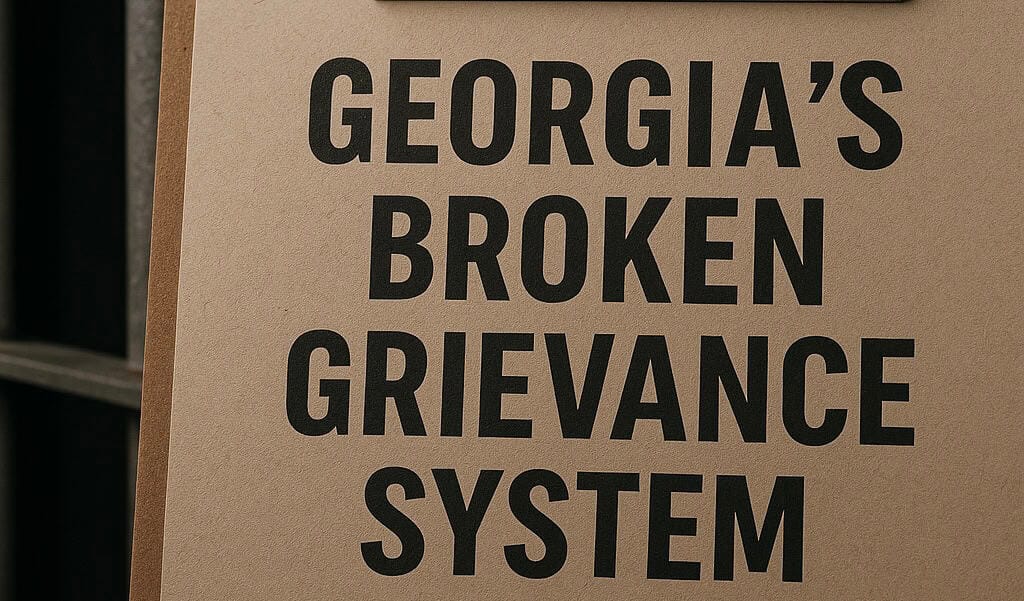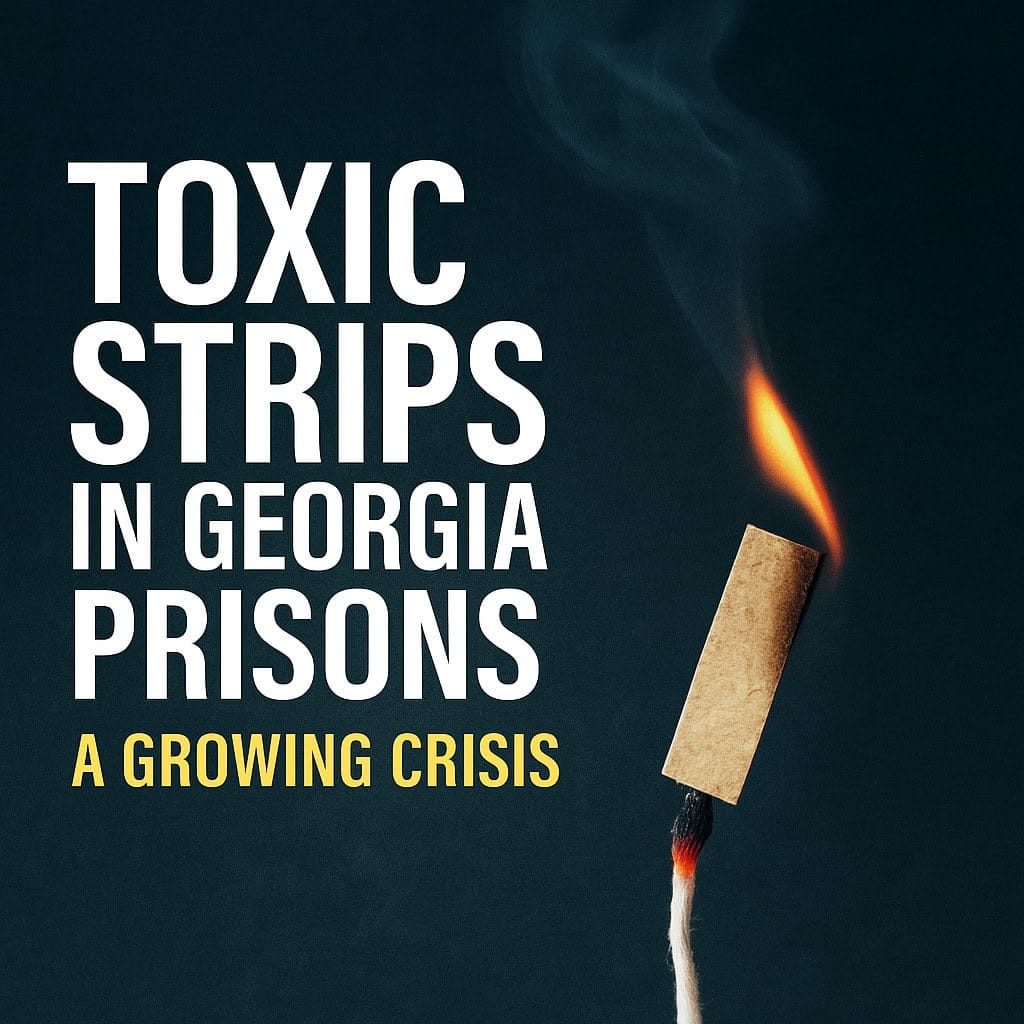Sheqweetta Vaughan’s Death at Arrendale Prison: Another Tragedy of Neglect in Georgia
On July 9, 2025, Sheqweetta Vaughan, a 32-year-old mother incarcerated at Lee Arrendale State Prison in Georgia, was found dead in her cell. By the time staff discovered her, her body was already decomposing. Her death is not only a tragedy—it’s a stark indictment of the Georgia Department of Corrections (GDC) and how it treats …
